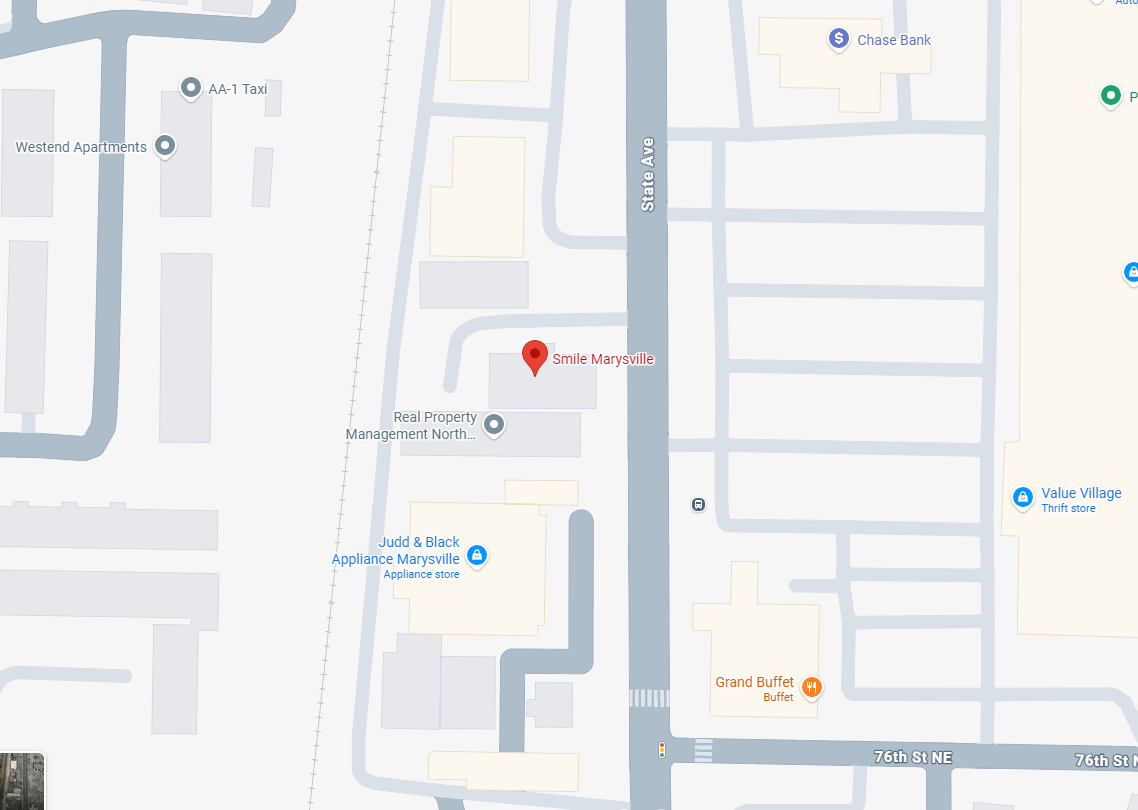To do a root canal is a specialized dental procedure typically carried out by an endodontist, who is a dentist with advanced training in treating the pulp of the tooth. While a regular dentist (general dentist) may have the skills to perform a basic root canal, it is generally advisable to seek the expertise of an endodontist for more complex cases.
So, if you want to know how a regular doctor can do a root canal, let’s dive in.
Can a Regular Doctor Do a Root Canal?
Yes, a regular medical doctor can perform a root canal on a patient but with preventive measures and care. Root canals have been occurring in many people for years together, and dentists have learned much more about how to treat them over time.
So, a question arises whether a regular doctor can do a root canal or not.
If a general family dentist is equipped with the essential tools and accessories, he can perform the root canal treatment in the following way.
1. Diagnosis and Treatment Planning
The process begins with the dentist assessing the patient’s symptoms, examining X-rays, and determining the need for a root canal. The dentist will discuss the procedure’s possible alternatives and address any concerns the patient may have.
2. Local Anesthesia
Before starting the procedure, the dentist administers a local anesthetic to numb the affected tooth and the surrounding area, ensuring the patient’s comfort during the root canal.
3. Isolation and Sterilization
The rubber dam is placed around the tooth to isolate it from saliva and keep it dry. The dentist then disinfects the tooth and the surrounding area to minimize the risk of infection.
4. Access Opening
The Marysville dentist drills a small access hole in the crown of the tooth to reach the pulp chamber. This allows them to remove infected or damaged pulp tissue and gain access to the root canals.
5. Cleaning and Shaping
Specialized files are used to clean and shape the root canals. The goal is to remove all infected or damaged tissue and shape the canals to facilitate the filling process.
6. Irrigation
During the cleaning process, the dentist irrigates the canals with antimicrobial solutions to flush out debris and kill bacteria. This step helps ensure the thorough disinfection of the root canals.
7. Obturation (Filling)
Once the canals are cleaned and shaped, they are filled with a biocompatible material called gutta-percha. The goal is to seal the canals to prevent future infection and maintain the tooth’s structural integrity.
8. Temporary or Permanent Restoration
Depending on the specific case, the dentist may place a temporary filling or a permanent restoration, such as a crown, to protect and restore the tooth’s functionality.
9. Follow-up
Patients are usually scheduled for a follow-up visit to monitor the healing process and, if necessary, complete the restoration with a permanent crown.
While a general dentist may perform basic root canals, complex cases or complications may warrant referral to an endodontist for specialized care. So you must follow post-treatment care instructions and attend follow-up appointments for optimal outcomes.
Frequently Asked Questions
Final Thoughts
Root canal therapy can be a daunting process for a lot of people, including regular doctors. It can be due to many reasons like possible pain or just the procedure in general. While general dentists are not capable of treating root canals, it may be best to visit an endodontist just to be sure because they are experts in the pulp area where root canals live.

